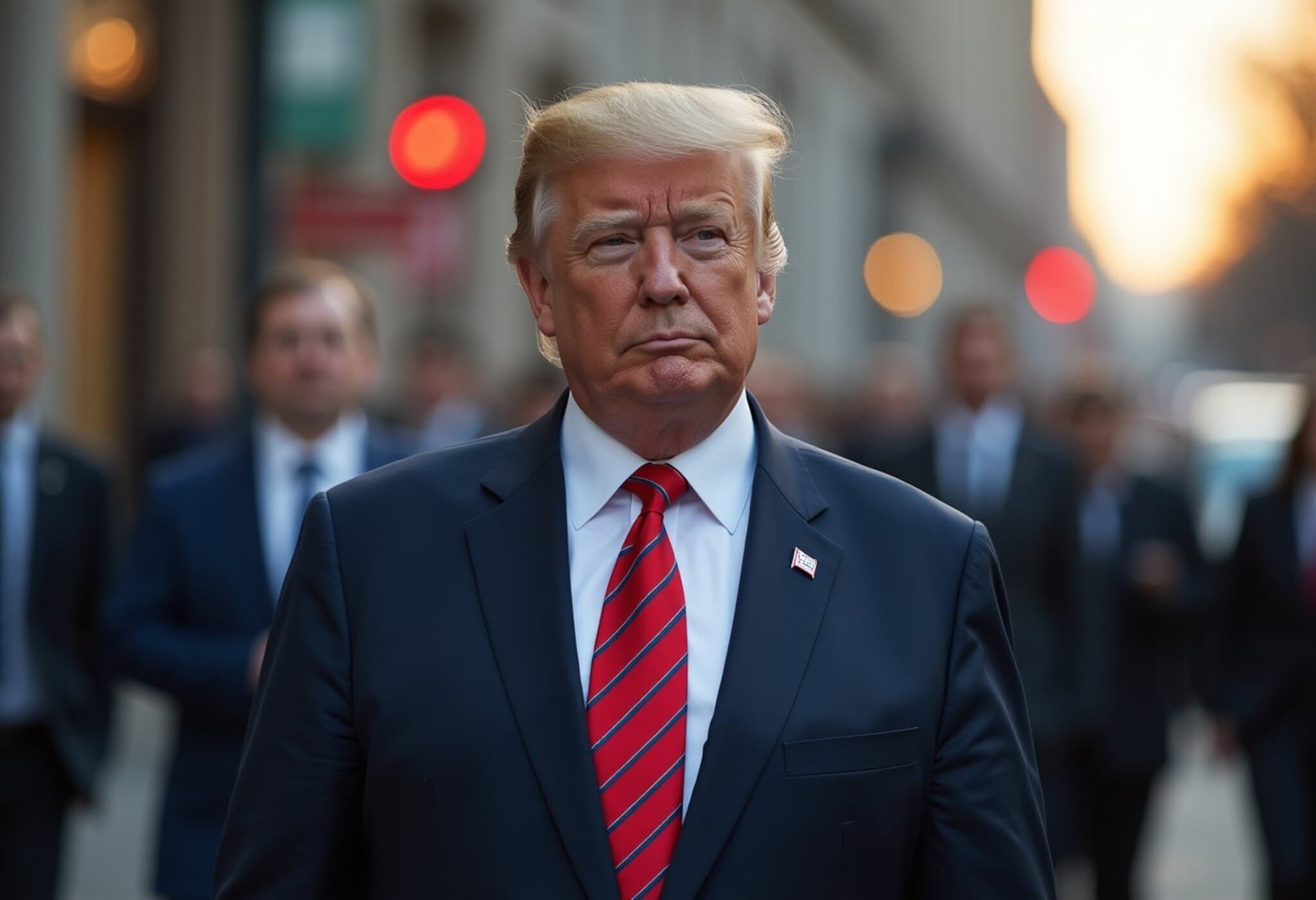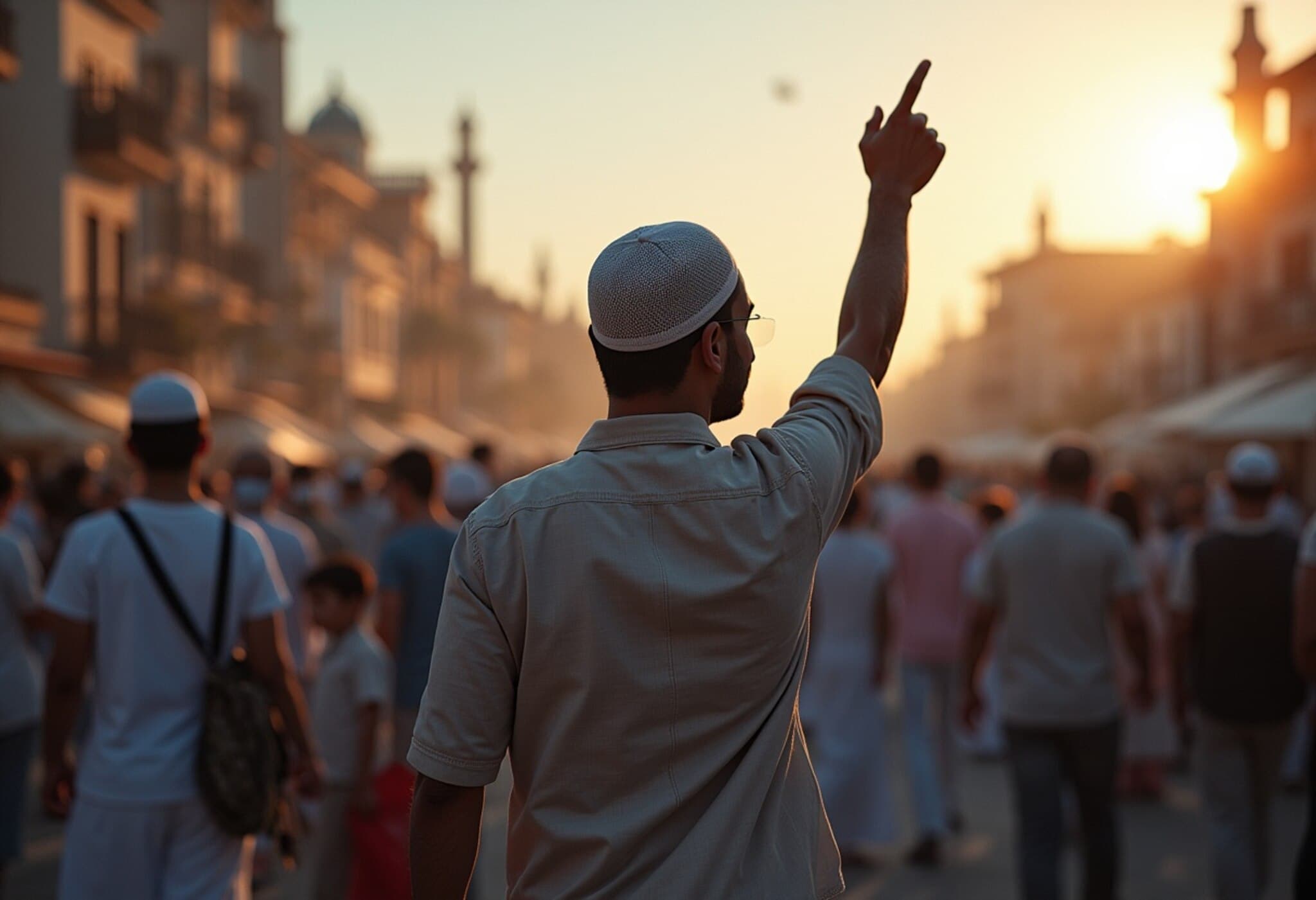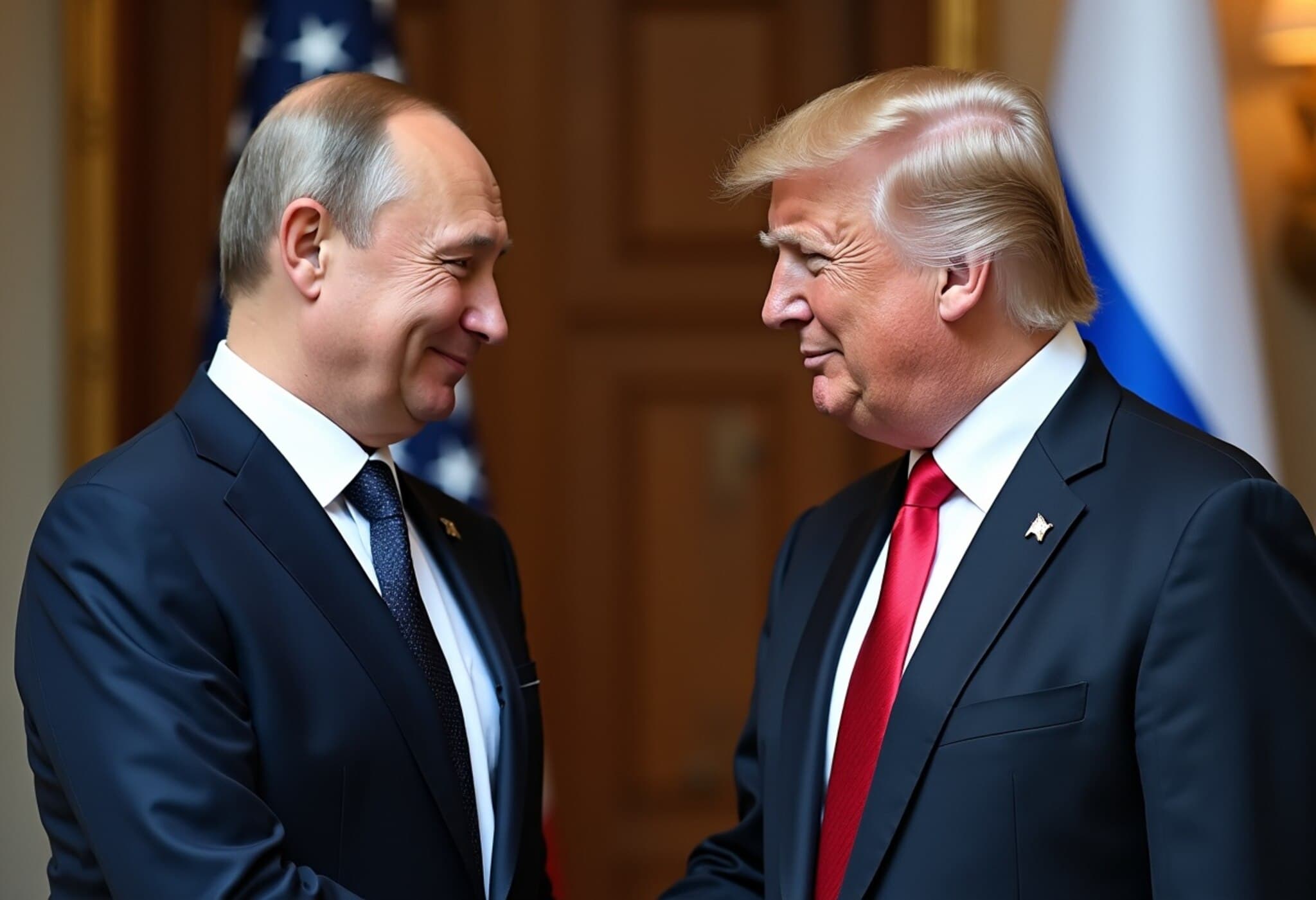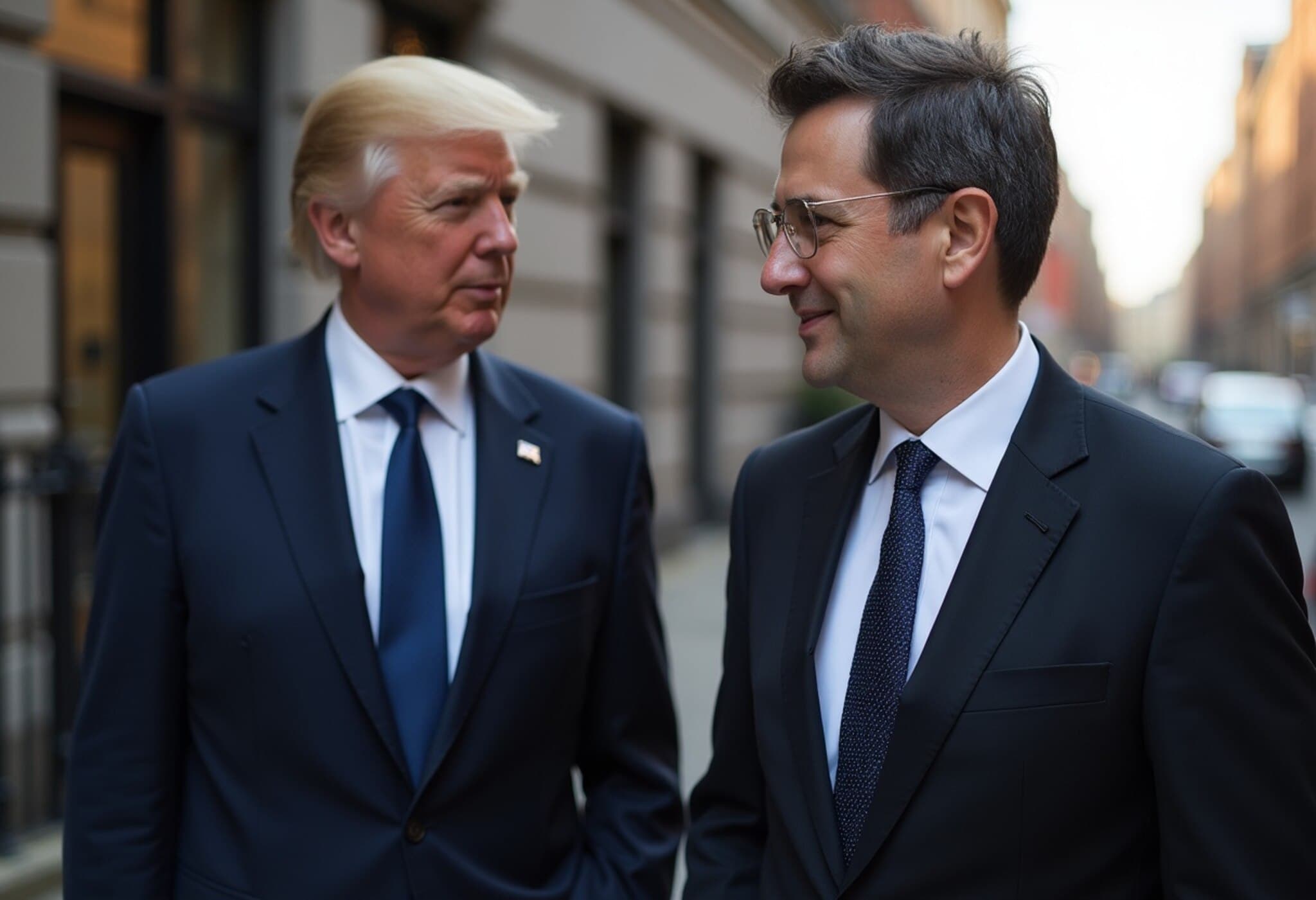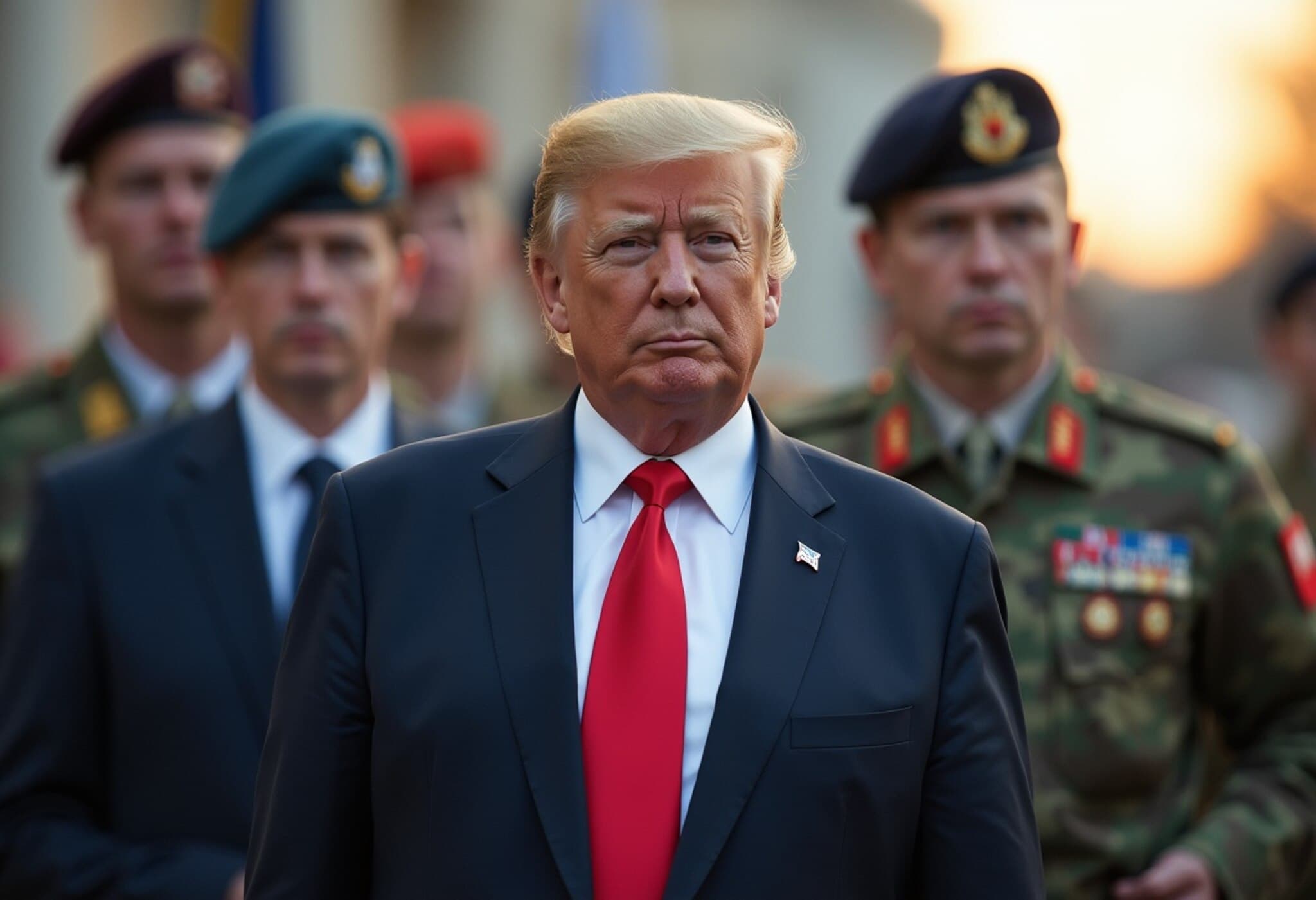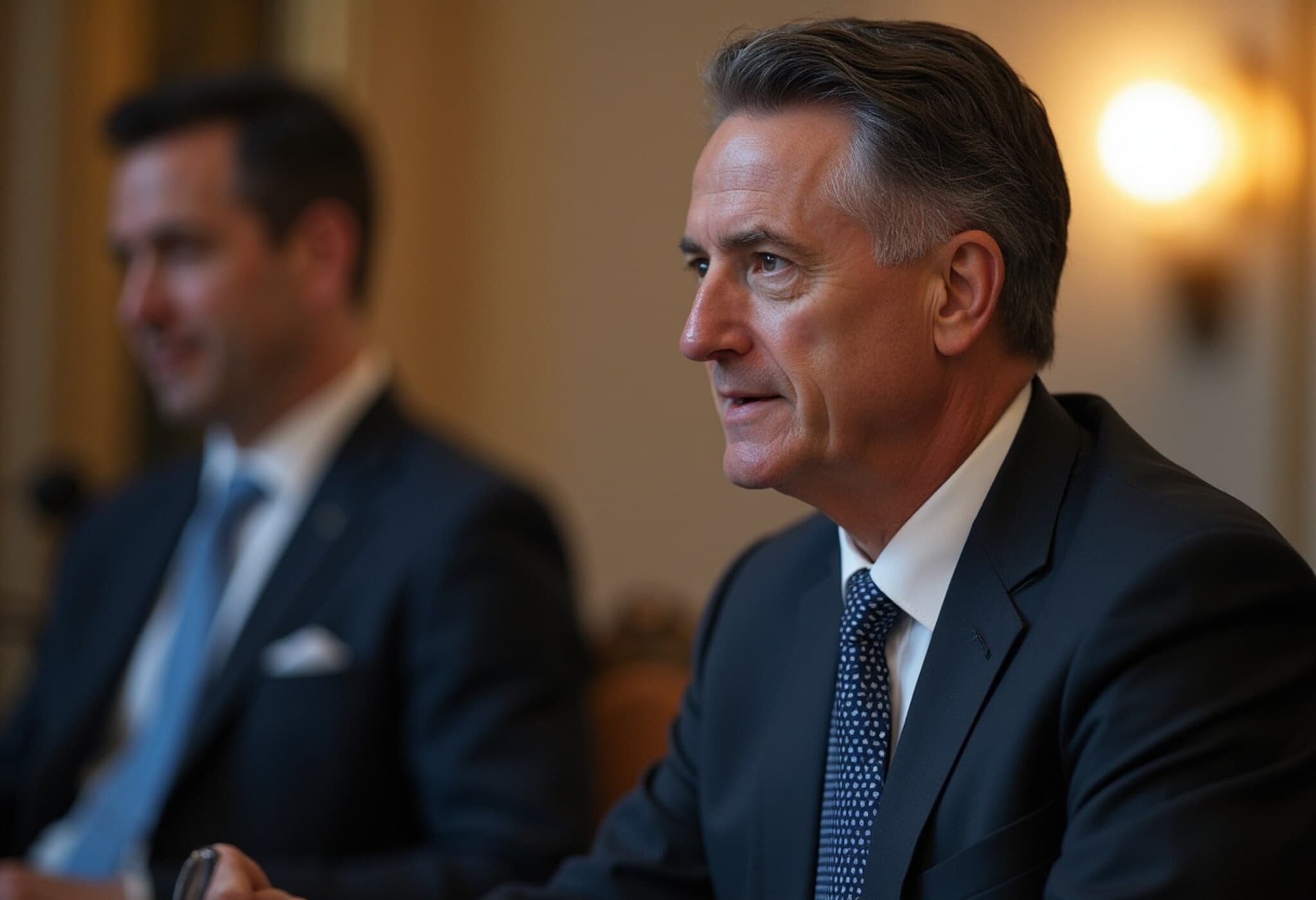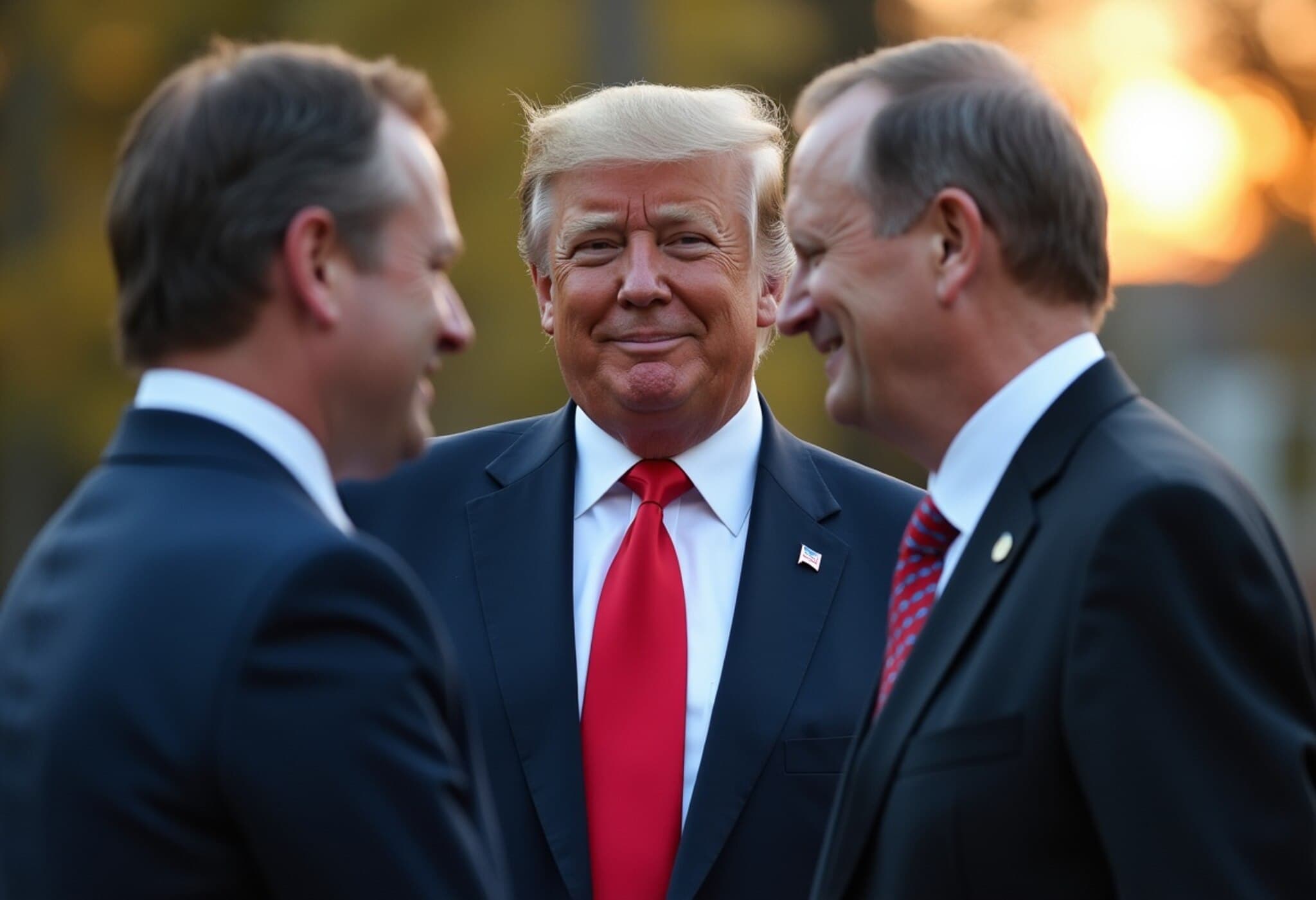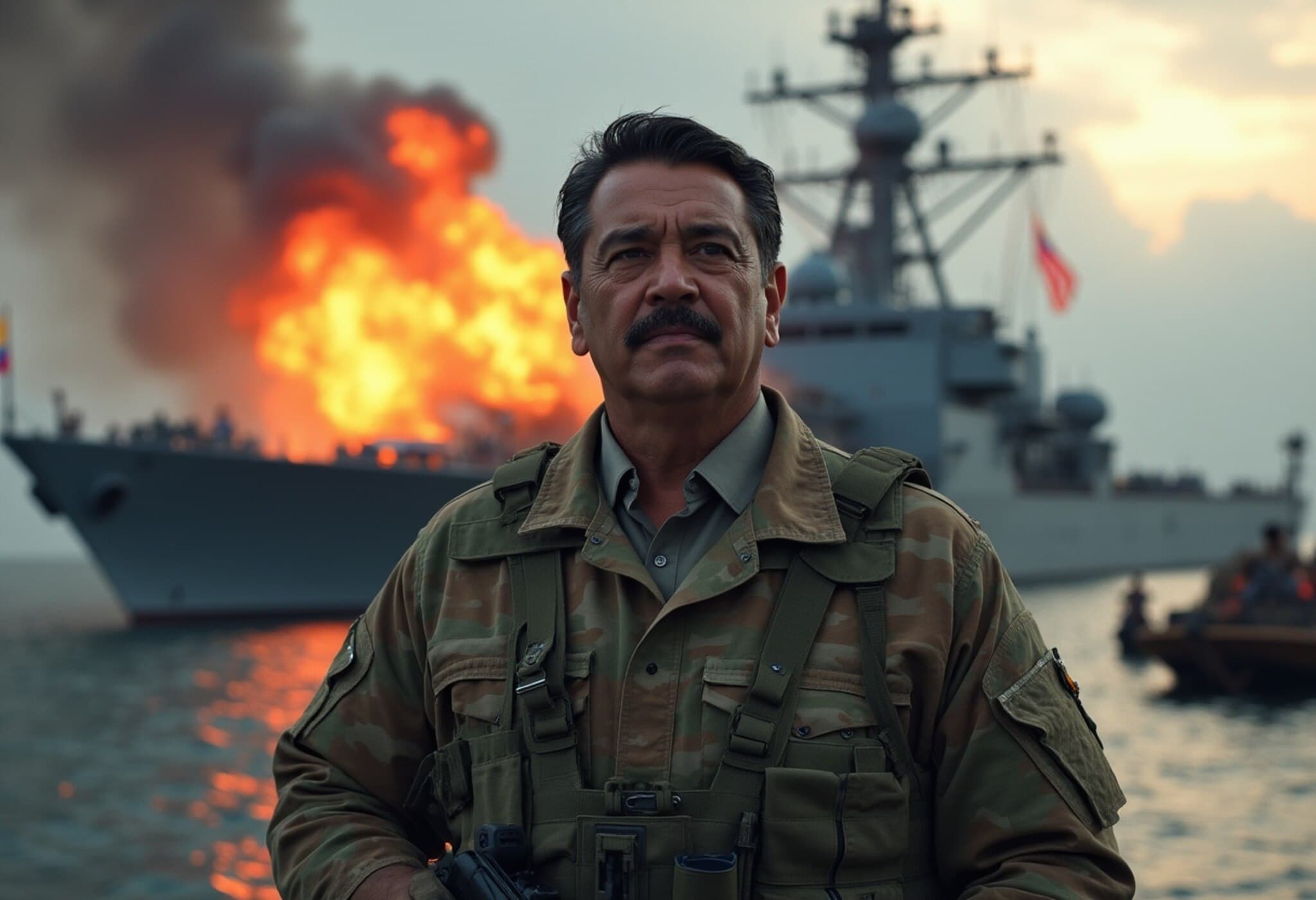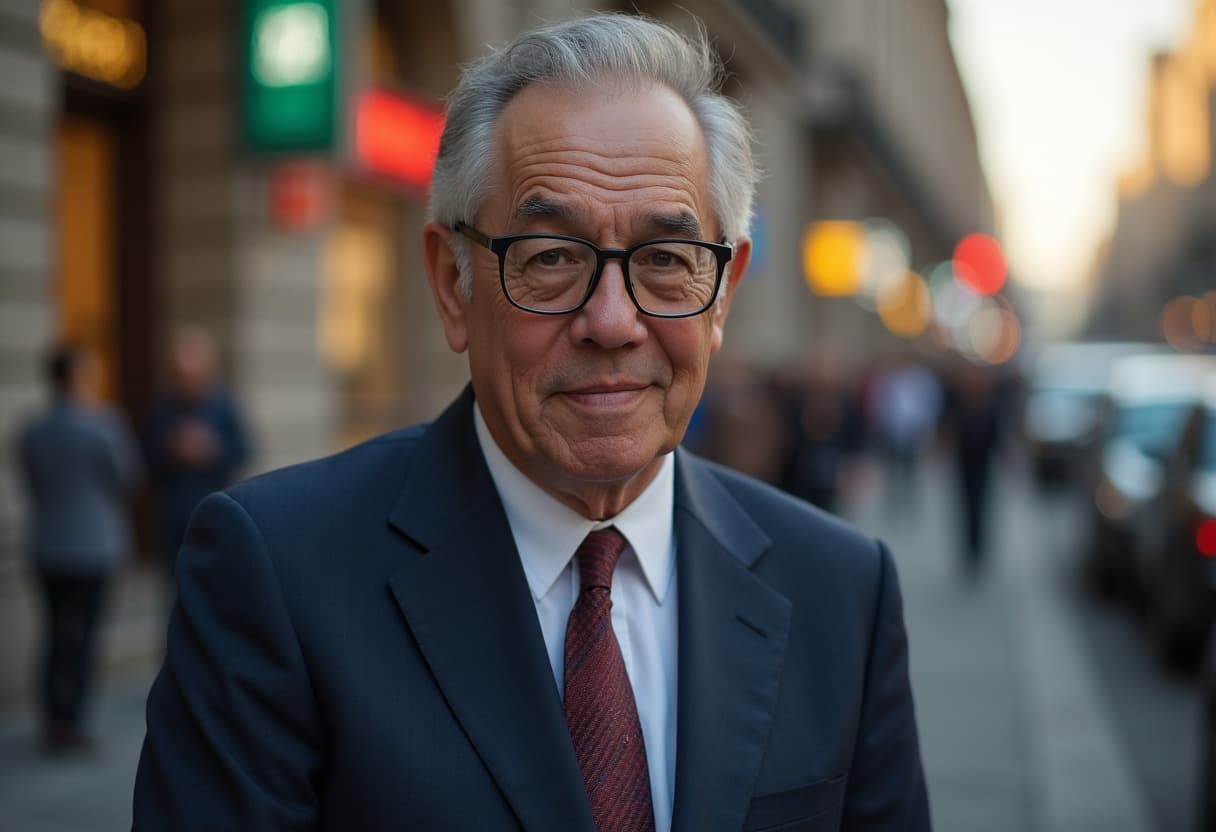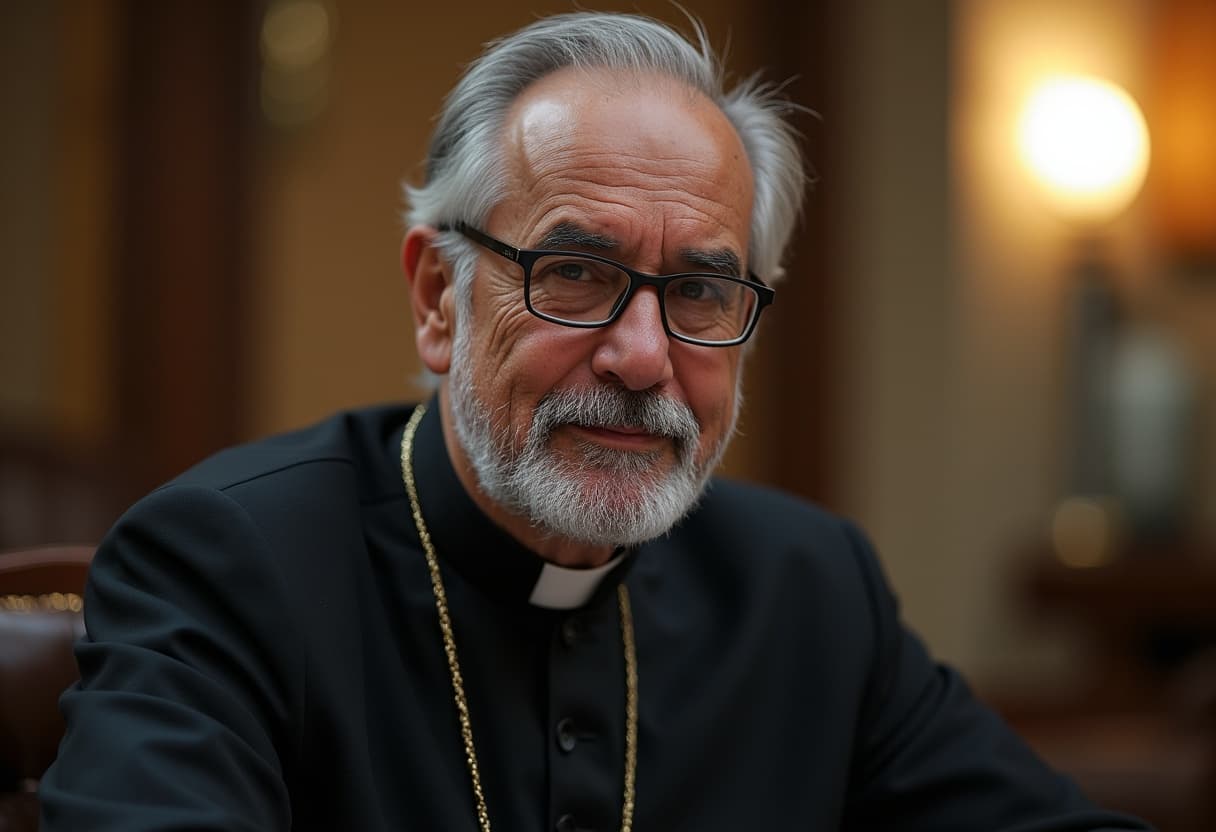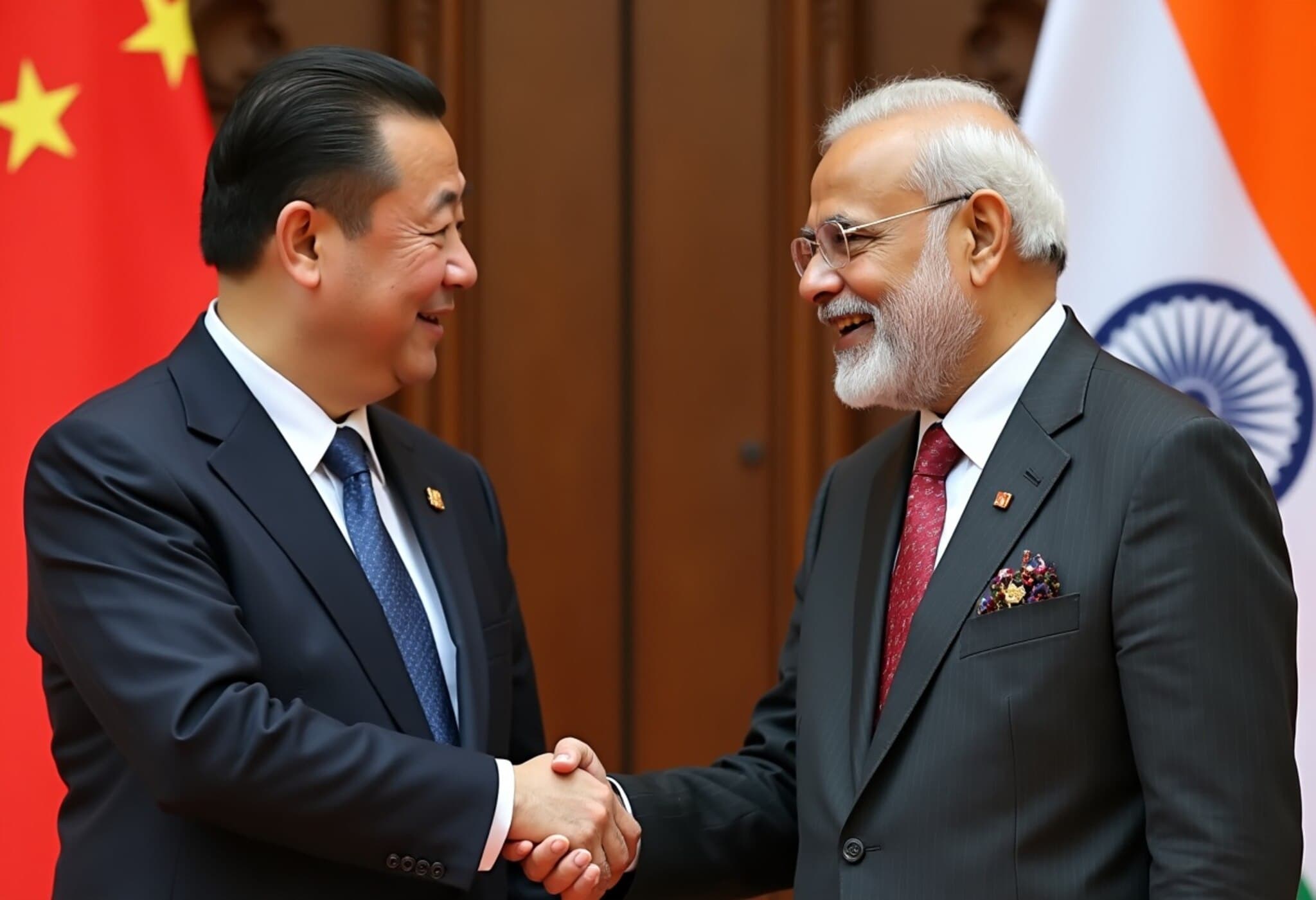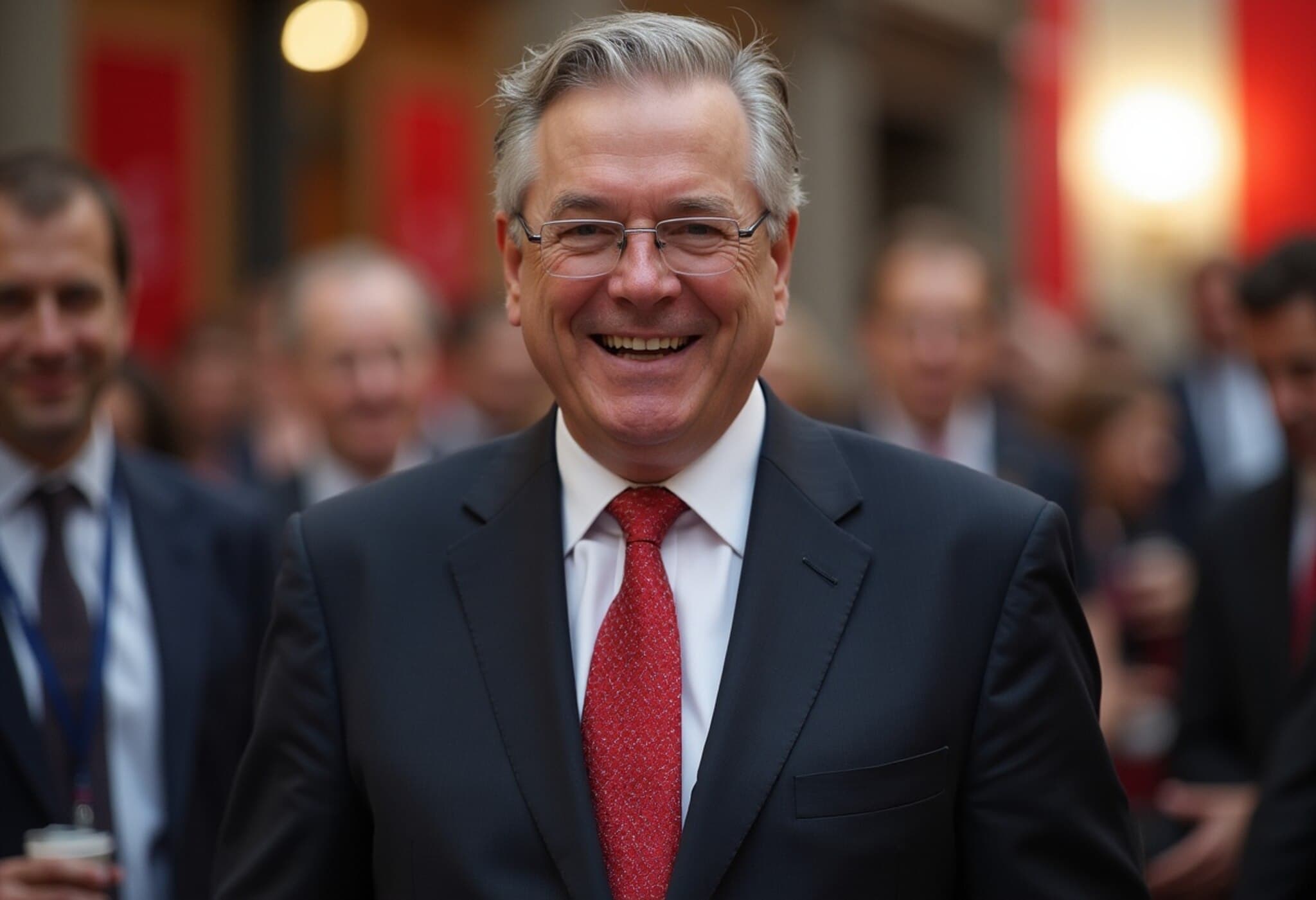Maduro Activates Massive Militia in Response to US $50 Million Reward
In a dramatic escalation of tensions between Venezuela and the United States, Venezuelan President Nicolás Maduro has declared the activation of more than 4.5 million civilian militiamen nationwide. This unprecedented mobilization comes in the wake of Washington doubling the bounty on Maduro’s arrest to $50 million and intensifying anti-drug operations in the Caribbean region.
The Militia Activation: A Show of Strength Amid Rising Hostilities
Addressing the nation on state television, Maduro framed the move as a necessary step to safeguard Venezuela’s sovereignty in the face of what he described as “extravagant, bizarre, and outlandish threats” from the US government.
“This week, I will activate a special plan with more than 4.5 million militiamen to ensure coverage of the entire national territory—militias that are prepared, activated, and armed,” Maduro announced, signaling an intensified commitment to defend what he calls Venezuelan territory and peace.
Formed originally during the administration of former President Hugo Chávez, Venezuela’s civilian militia officially counts around five million members. However, independent analyses suggest the real number is substantially lower, highlighting the challenge of verifying such figures amidst Venezuela’s volatile political landscape.
Context: US Pressure and Accusations
The Biden administration’s predecessor escalated its campaign against Maduro by doubling a previous $25 million reward to $50 million, targeting him for alleged involvement in running the Cartel de los Soles, an alleged criminal network accused of large-scale cocaine trafficking. Along with the bounty increase, Washington has imposed rigorous sanctions on the Venezuelan government and affiliated entities.
Strategically, the US military has also deployed naval vessels into the southern Caribbean, signaling a bolstered commitment to regional anti-narcotics operations. Venezuela’s Interior Minister Diosdado Cabello responded by underscoring Venezuelan presence and readiness across its maritime borders, highlighting Caracas’ determination to protect its sovereignty.
Militia Expansion: Political and Economic Dimensions
Beyond the military aspect, Maduro has actively called for the expansion of worker and peasant militias to serve as a broad-based national defense force across all economic sectors—effectively fusing Venezuela’s civilian and economic resources into the geopolitical conflict.
“Rifles and missiles for the peasant force! To defend the territory, sovereignty, and peace of Venezuela,” he declared, stressing the perceived necessity for an armed civilian population amid external pressures.
Expert Insight: What This Means for the Region
This large-scale militia activation is unprecedented in Latin America and raises critical questions about Venezuela’s internal stability and the broader geopolitical dynamics. According to regional security analysts, arming millions signals not only a potential intensification of internal militarization but also reflects Maduro’s strategy to consolidate power by rallying popular support against perceived foreign aggression.
From a US policy perspective, the heightened bounty and military presence underscore the administration’s long-standing objective to disrupt narcotics trafficking and undermine Maduro’s regime. However, these maneuvers risk provoking further instability in an already fragile region, with potential humanitarian consequences for Venezuelans.
Underreported Angle: The Human Cost and Legal Complexities
While the international focus centers on political theatrics and power plays, less attention is given to the human dimension—how such escalations impact everyday Venezuelans struggling under economic hardship and insecurity. Moreover, the legal complexities surrounding the bounty, extraterritorial sanctions, and accusations highlight ongoing tensions between enforcement efforts and respect for national sovereignty under international law.
Looking Ahead: A Nation at a Crossroads
President Maduro’s move to mobilize millions in defense forces is both a signal and a test: a signal of resistance against external pressures, and a test of Venezuela’s social cohesion amid deepening economic and political challenges. As the Caribbean becomes a stage for competing interests, the stakes for peace, stability, and human rights have never been higher.
Editor's Note
The unfolding Venezuela-US conflict reveals the intricate connection between geopolitics, illicit economies, and national sovereignty. Editor’s reflection: How might such militia empowerment shape Venezuela’s future governance and regional stability? Can diplomacy and law enforcement coexist without fueling cycles of militarization and hardship? Readers are invited to consider these pressing questions amid the volatile crossroads facing Venezuela today.



